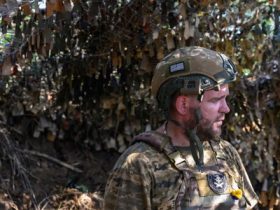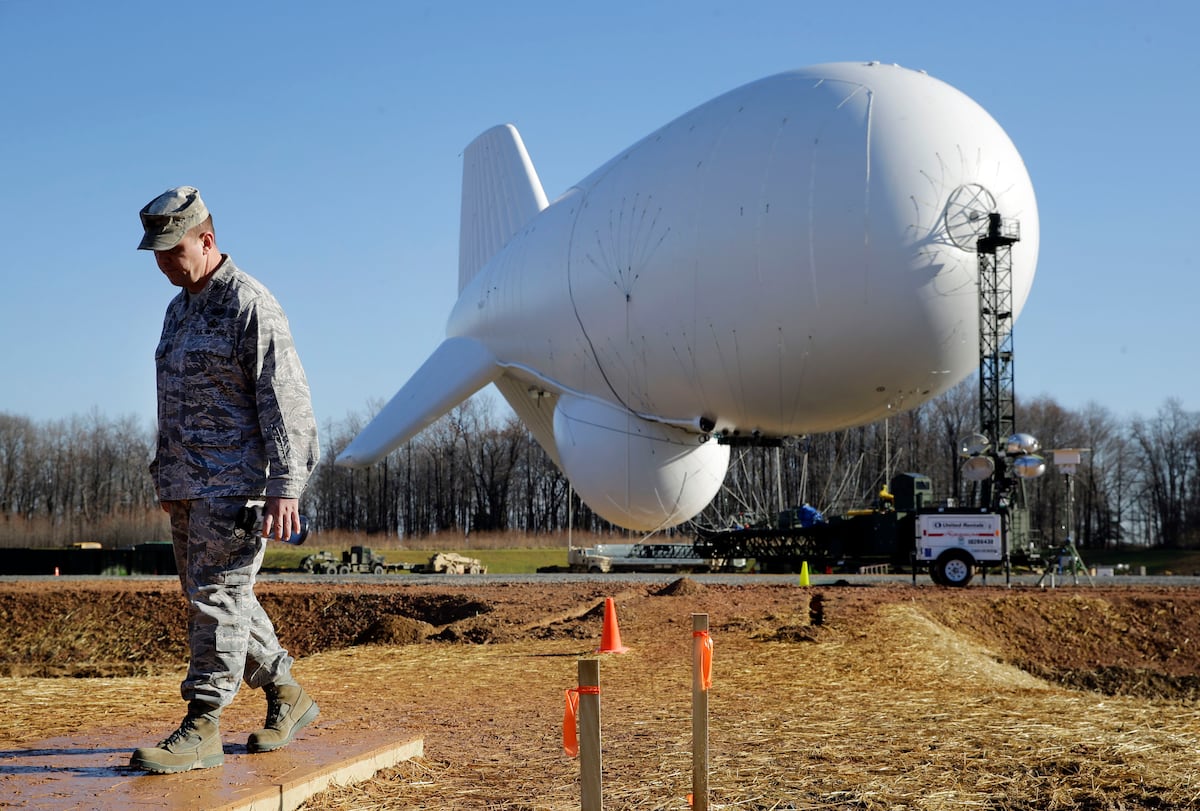A-10 Warthog attack planes have been spotted flying over eastern Syria in recent days.
And as Syrian rebel forces advance, posing the greatest threat to Syrian President Bashar al-Assad’s regime in years, rumors have swirled online about the aircraft’s possible role in strikes against his allied forces.
A video of an A-10 flying low over a village, reportedly in eastern Syria near the Iraq border and one highlighted by The Aviationist, fueled rumors that U.S. forces were supporting Syrian rebel advances with the A-10′s renowned firepower.
But an official source with knowledge of the event told Defense News Wednesday that the A-10′s involvement in Syrian airspace has been far more limited, with flights largely conducted as shows of force in the east.
Some videos circulating are also older clips, the source added.
One video making the rounds, meanwhile, was taken the morning of Dec. 3, around the time U.S. Central Command forces carried out a strike near Military Support Site Euphrates.
The source told Defense News on Wednesday that A-10s flew in the area as a “show of force,” but were not directly involved in the strike.
That particular operation destroyed several weapon systems, including three truck-mounted multiple rocket launchers, a T-64 tank, an armored personnel carrier and mortars, CENTCOM said in a release.
Air Force Maj. Gen. Pat Ryder, the Pentagon’s press secretary, told reporters Tuesday that the targets, which were not directly hit by A-10s, “presented a clear and imminent threat to U.S. and coalition forces.”
The U.S. is still assessing what forces operated those weapons, Ryder said, but noted Iran-backed militia groups in that area have previously attacked MSS Euphrates.
CENTCOM forces struck those targets after the rocket launchers, APC and mortars were fired toward U.S. personnel, officials said. Ryder told reporters at the Pentagon Monday that no U.S. personnel were injured and no infrastructure was damaged.
In a separate incident on Nov. 29, however, A-10 aircraft struck a “hostile target” — specifically, individuals seen preparing a rocket rail — that posed a threat to forces at MSS Euphrates, Ryder said.
Ryder emphasized that the strikes were solely meant to defend U.S. and coalition troops and to eliminate threats to personnel at MSS Euphrates.
He added that they had no connection to rebel movements against the Assad regime, stressing instead that U.S. forces are there to defeat the remnants of the Islamic State militant group, or ISIS.
“The self-defense actions … were in no way related to ongoing operations in and around Aleppo or northwest Syria,” Ryder said. “The U.S. mission in Syria remains unchanged as U.S. and coalition forces continue to focus on the enduring defeat of ISIS. However, we remain fully prepared to defend and protect our personnel and assets deployed in the region to include our forces deployed to Syria.”
The Air Force deployed additional A-10s to the Middle East in October 2023, as part of the Pentagon’s larger effort to move more troops and aircraft there shortly after the eruption of the war between Israel and Hamas.
More A-10s have arrived since.
On Nov. 5, U.S. Air Forces Central Command posted a series of photographs online under the header, “Additional A-10s arrive in the Middle East.”
Those A-10s are part of the 107th Expeditionary Fighter Squadron, deployed from the 127th Wing at Selfridge Air National Guard Base in Michigan. The photographs were from Oct. 6, but AFCENT did not say where they were taken.
A-10 Warthogs were heavily used during the wars in Iraq and Afghanistan, and against ISIS. They are rugged, heavily armored planes armed with a devastating 30mm rotary cannon that can shoot up to 3,900 rounds per minute.
They were originally designed during the Cold War as Soviet tank killers, and in the 2000s were used as close air support aircraft, flying low and slow to assist troops on the ground.
The Air Force is now moving to retire the A-10, which the service says would not be survivable against an advanced adversary such as China.
Stephen Losey is the air warfare reporter for Defense News. He previously covered leadership and personnel issues at Air Force Times, and the Pentagon, special operations and air warfare at Military.com. He has traveled to the Middle East to cover U.S. Air Force operations.
Read the full article here








Leave a Reply